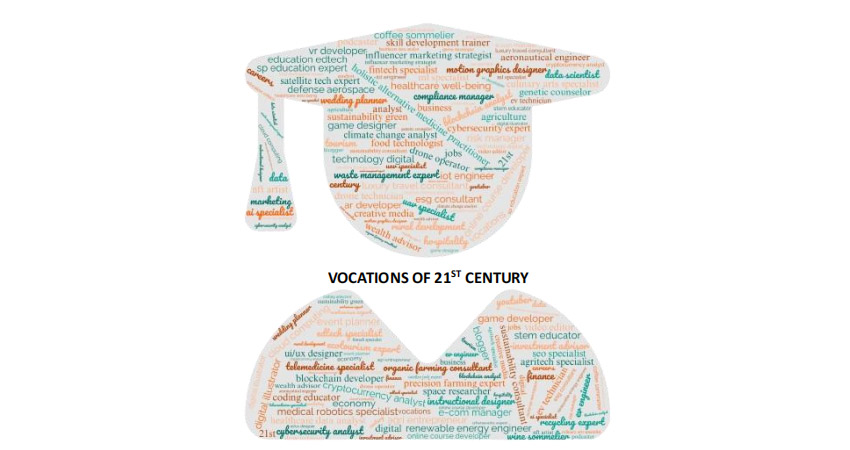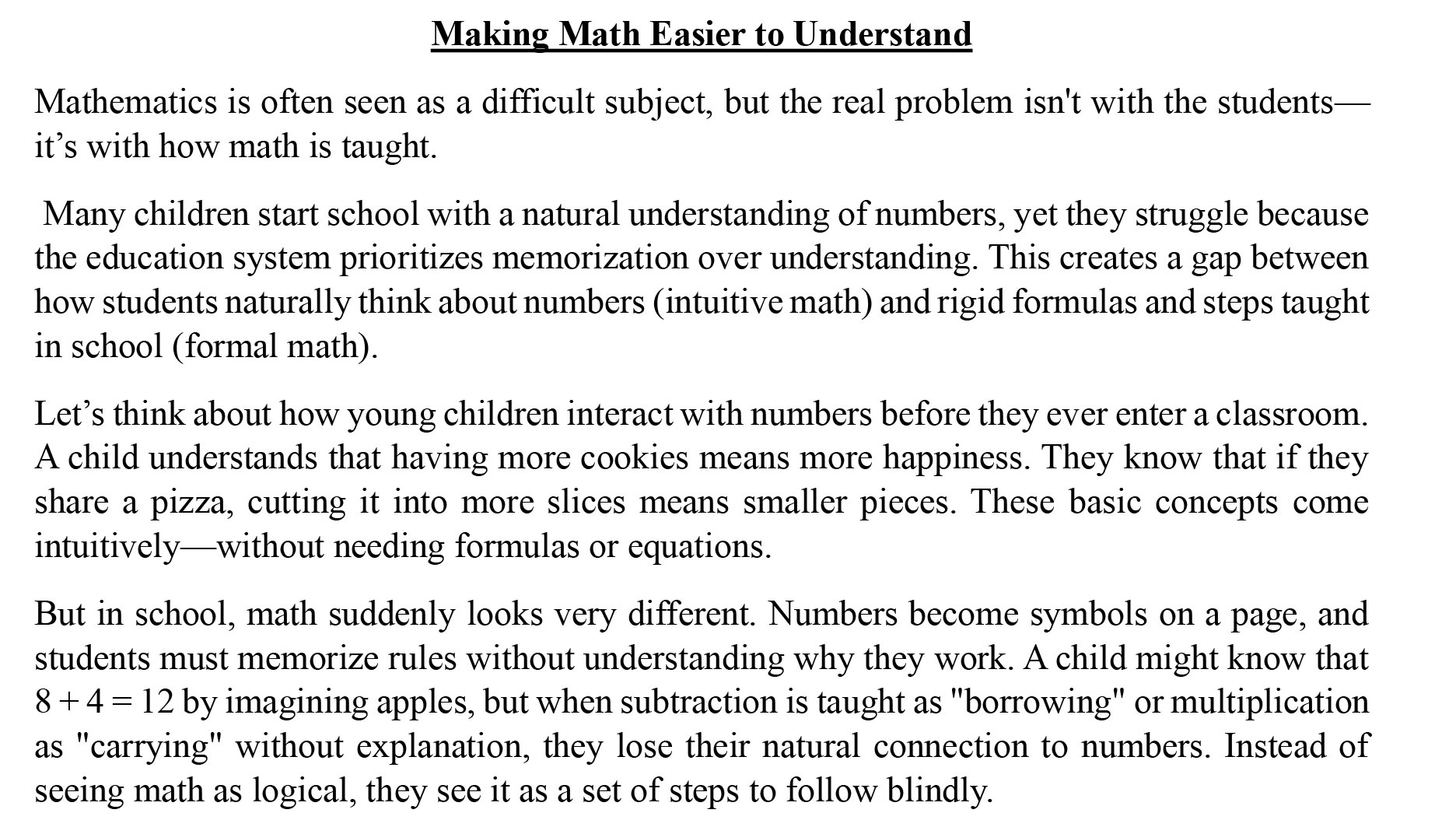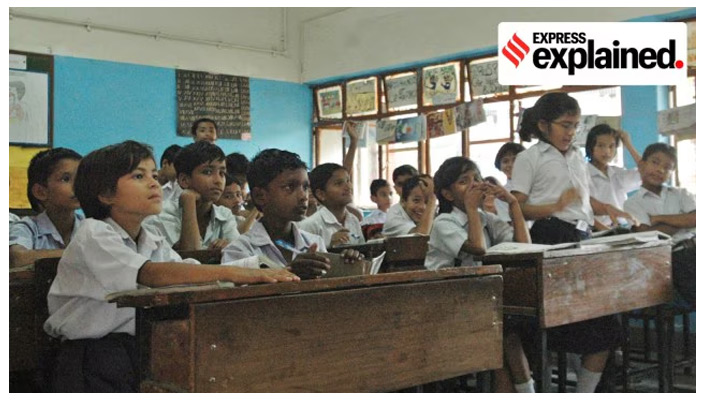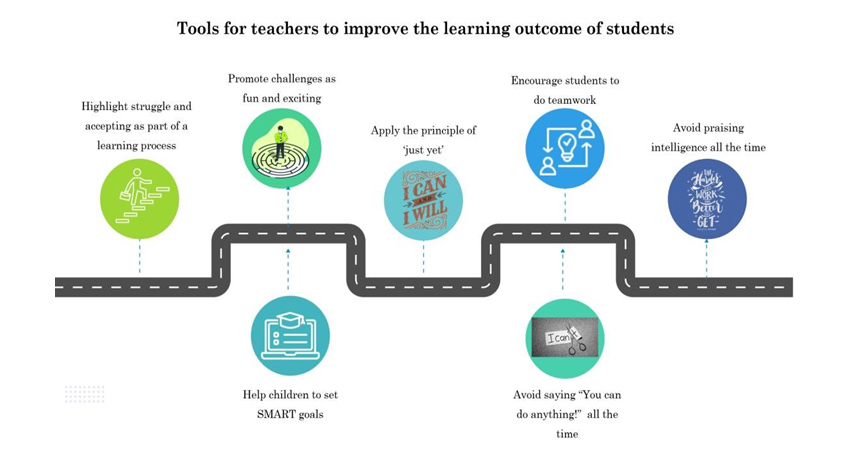No Detention Policy (NDP) in India: A Debate on Learning and Progress
By Feroz Khan & Abha Sadana
The central government has decided to scrap the 'No Detention Policy' for classes 5 and 8, allowing schools to retain students who fail their exams. This significant change has brought the NDP back into the spotlight.
The No Detention Policy
The NDP in India was introduced as a part of Right to Education Act, 2009 after a long discussion, and debates. The policy aims to reduce academic stress and dropout rate at elementary level and ensure universal education. Detention in the same class may encourage dropouts particularly students from the marginalised section of the society. Under Right to Education Act, every child between 6-14 years of age is entitled to free and compulsory education. To reduce the dropouts in between and to necessary education to all for eight formative years the policy comes out with the provision that students were automatically promoted from 1 to 8 class. Under clause 16, the Act states "No child admitted in a school shall be held back in any class or expelled from school till the completion of elementary education." An important aspect of RTE, is Continuous Comprehensive Evaluation (CCE) that work in assessing the progress of the children. Nonetheless, the Act also worked in the direction that make teachers accountable for their student's learning outcome.
Global Perspective and No Detention Policy
India is not the only country to enact the no detention policy. In fact, there are many countries that are working in progressive education system. For example, Finland focuses on personalized education and additional support who lag behind, instead of detaining them. Norway has the policy of automatic promotion in its primary and lower education system. On the similar line, Singapore is also working to ease the pressure on primary students by removing no exam for primary 1 and 2 and removing T-scores for primary school leaving examination and replacing streaming in secondary school with subject-based binding where students take subjects at a higher or lower level, based on their strengths
No Detention Policy and Challenges in India
While the ‘no detention’ policy was introduced with the noble rational in India, over the years it gets evaluated critically. Critiques of the policy argues that the NDP affecting the learning outcome adversely. Some states argues that lack of motivation to learn and to perform can lead to prolong absenteeism and dropouts. Some research data also indicated the under-performance of government school student after the implementation of NDP. For example, in 2017, the research of ASER shows that the reading and arithmetic ability of the students deprived after implementation of the NDP. It was also argued that with poor quality of basic skills, like reading, writing and numeracy, there is no use of achieving the goal of education. Prior to this, during 63rd meeting of Central Advisory Borad of Education (CABE), many states were in favour of revoking the NDP.
Recent Development
To address the challenges and learning issues of children recently the Ministry of Education allowed students in class 5 and 8 central schools, including Kendriya Vidyalayas and Jawahar Navodaya Vidyalayas, to be held back if they fail to clear examinations. It appears that, to motivate the students and to ease the pressure on students the ministry has given the opportunity of reexam. According to the new rule schools have to maintain the list of children who are held back and personally monitor the provisions for specialised inputs to reduce the learning gap. The heads of schools have to ensure that the children with learning gaps are given special attention in order to improve their learning outcomes. Further the rule specify that exams and re-exams will be competency-based to achieve holistic development of the child. The new rule allowed that if the students does not pass the exam in the first instance, they will be given a shot at a re-exam within two months. Failing to clear that will result in the student being held back in that class.
Conclusion
The No Detention Policy (NDP) was introduced with the vision of making education more inclusive and stress-free. However, over time, its implementation revealed challenges that impacted learning outcomes. While the intention behind the policy was noble, striking a balance between compassionate education and maintaining academic standards became essential.
The recent developments mark a step towards addressing these gaps by ensuring students have opportunities to succeed while holding them accountable for their progress. As we move forward, it is important to remember that education policies must adapt to the evolving needs of students, focusing not just on academic success but also on their holistic development. The goal should always remain to create a system where every child is encouraged to learn, grow, and achieve their potential.
Feroz Khan
























